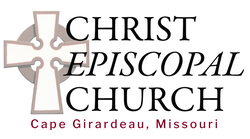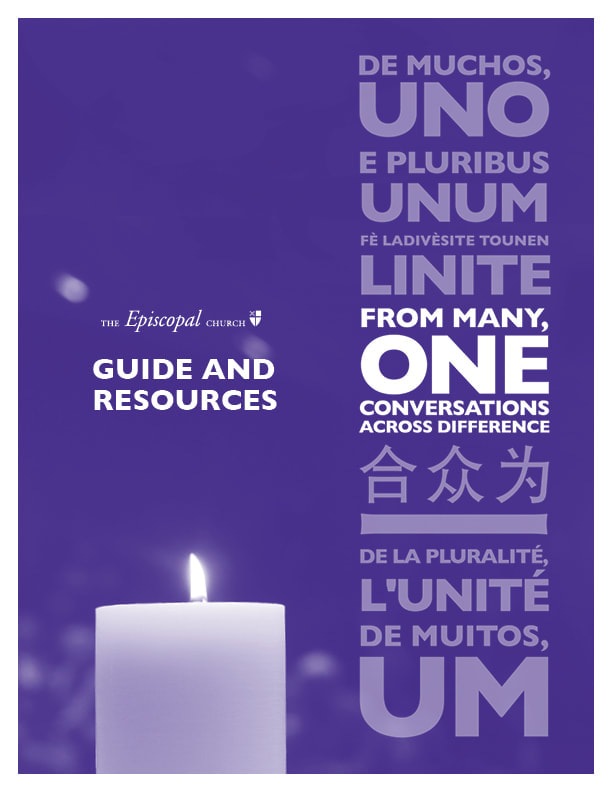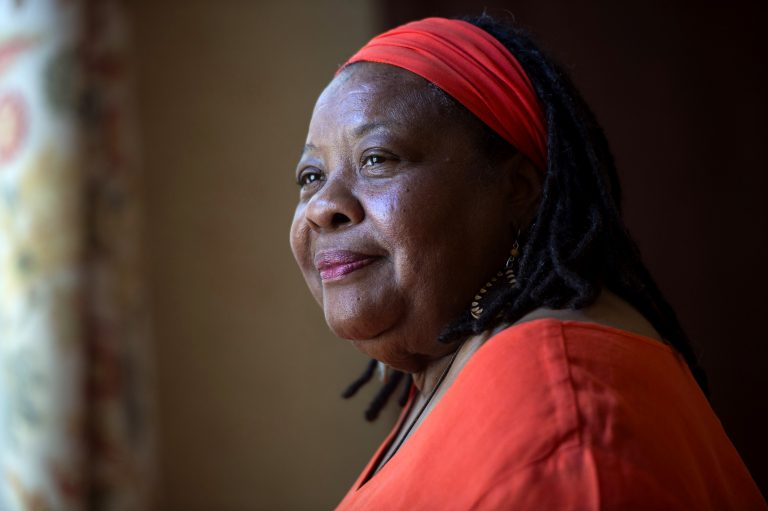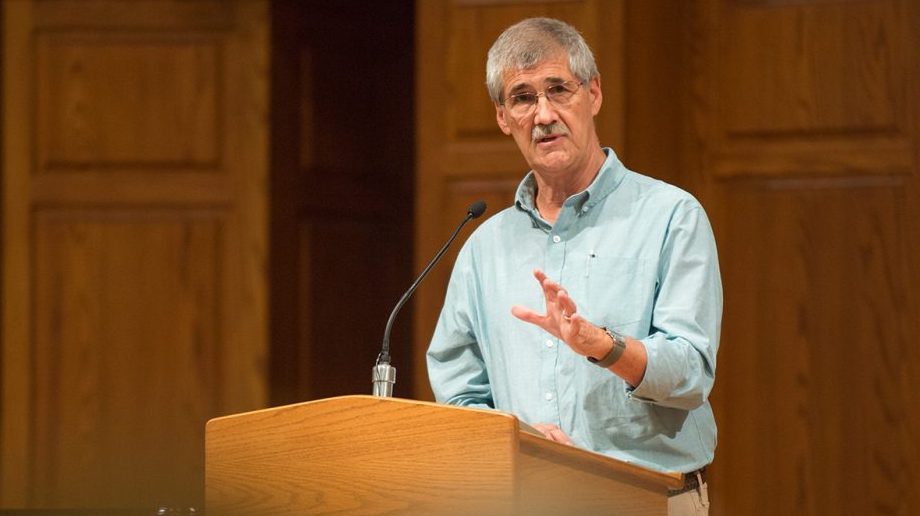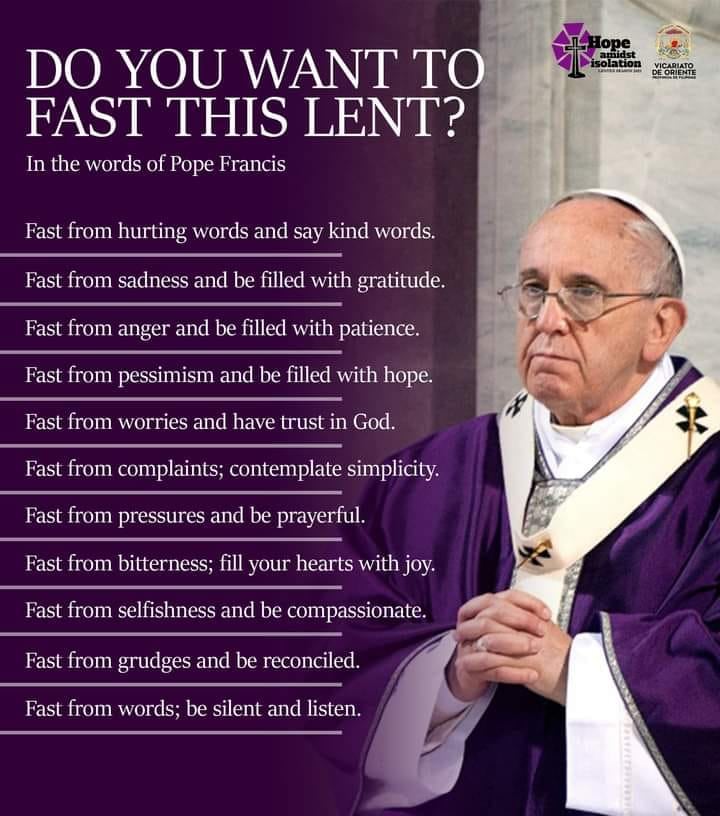“Conversation with others across difference is not just a nice thing to do. It is a spiritual practice of love in action.”
— Presiding Bishop Michael Curry
“The body is not made up of one part but of many.”
— 1 Corinthians 12:14
— Presiding Bishop Michael Curry
“The body is not made up of one part but of many.”
— 1 Corinthians 12:14
WHAT DO YOU LOVE? WHAT HAVE YOU LOST? WHERE DOES IT HURT? WHAT DO YOU DREAM?
Join Christ Church Cape as we explore these four questions together during Lent, reflecting on how we express our values and vision to one another in divided times. To sign up for email updates and study resources from the denomination, click here. Join us in the Parish Hall for our weekly discussion group at 6:30 p.m. on Wednesdays during Lent, or click the button on the right to participate by Zoom.
How do I engage?
As you commit to having conversations across difference, use this framework to help you and your partners through the process.
|
Discussion Materials
|
Greater Good Magazine:
What Happens When Political Opponents Get to Know Each Other? Two people from opposite sides of the political spectrum find what they have in common. (Source: Greater Good Magazine)
|
Podcast Episode:
Ruby Sales: Where Does It Hurt? Civil rights legend Ruby Sales learned to ask “Where does it hurt?” because it’s a question that drives to the heart of the matter — and a question we scarcely know how to ask in public life now. (Source: On Being with Krista Tippett) |
|
In the United States, we’ve stopped listening to one another—truly, deeply listening to the words coming from those we don’t agree with, or those who are different from us, says Episcopal priest Stephanie Spellers. In order to reach true understanding and move forward as a people, Spellers says we have to relearn the most fundamental sense: listening with love, hope, and vulnerability. Stephanie Spellers is an Episcopal priest and author who is known for fueling "radical welcome" in churches across the US. |
Image credit: Hesston College
This is an abridged version of John Paul Lederach's longer The Little Book of Conflict Transformation, published by Good Books. Michelle Maiese selected the excerpts to create this version, with the permission of John Paul Lederach and the publisher.
(Source: beyondintractibility.org) |
|
Nonviolent Communication focuses on how to listen nonjudgmentally and focus on what the other party is actually saying. It uses curiosity to ask questions in an effort to connect rather than becoming argumentative in order to prove a point. It requires our ego to step aside and make space for finding a creative solution that benefits all parties involved. |
